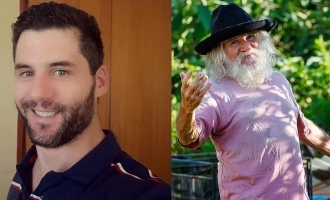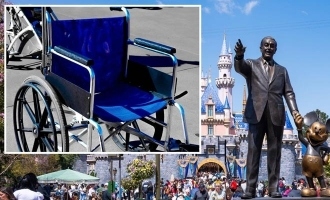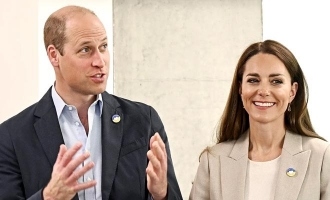Popular rumours and myths on coronavirus; WHO answers


Send us your feedback to audioarticles@vaarta.com


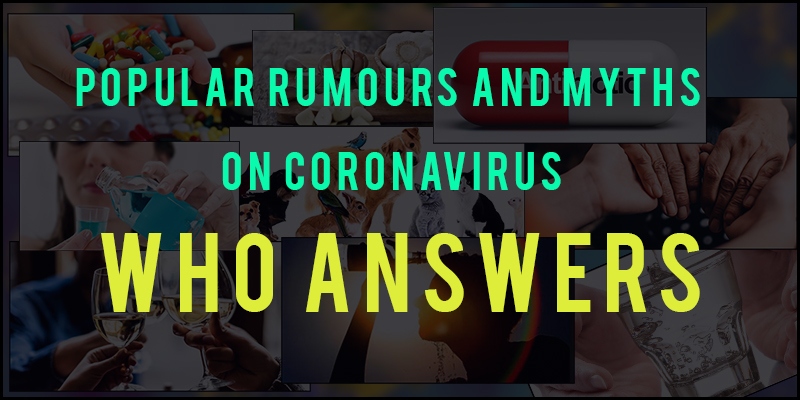
The novel coronavirus, now officially called Covid-19, has taken the lives of more than 1350 people and infected infected over 60000 people across the world. The majority of cases have been reported in central China's Hubei province, the epicentre of the coronavirus outbreak. As the death toll and overall cases began rising rapidly across the world, the World Health Organization (WHO) declared a global health emergency. The agency has answered a series of queries regarding the virus.
Q: Are antibiotics effective in preventing & treating the 2019-nCoV?
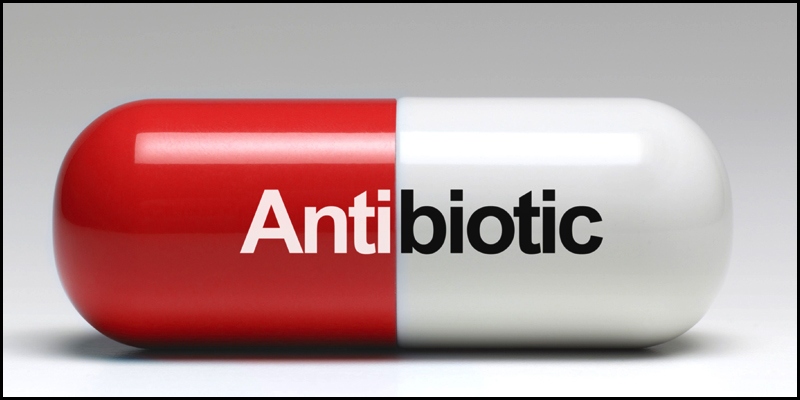
A: No, antibiotics do not work against viruses, only bacteria. The 2019-nCoV is a virus, thus, antibiotics should not be used as a means of prevention or treatment.
Q: Does the new coronavirus (2019-nCoV) affect older people or are younger people also susceptible?
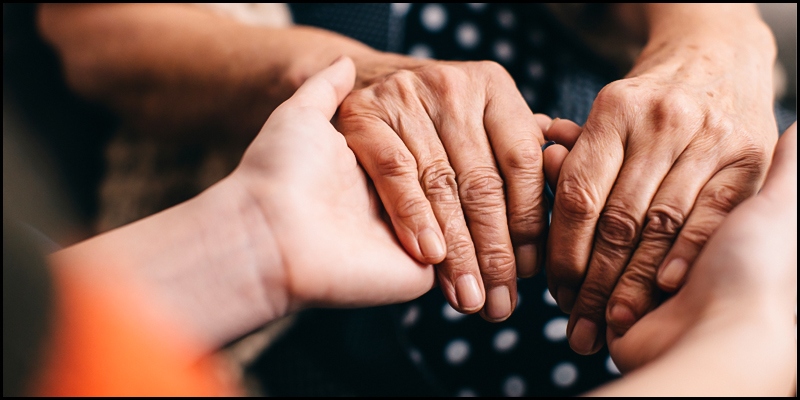
A: People of all ages can be infected by the virus. Older people & those with pre-existing medical conditions appear to be more vulnerable to becoming severely ill with the virus.
Q: Can pets at home spread the new coronavirus?
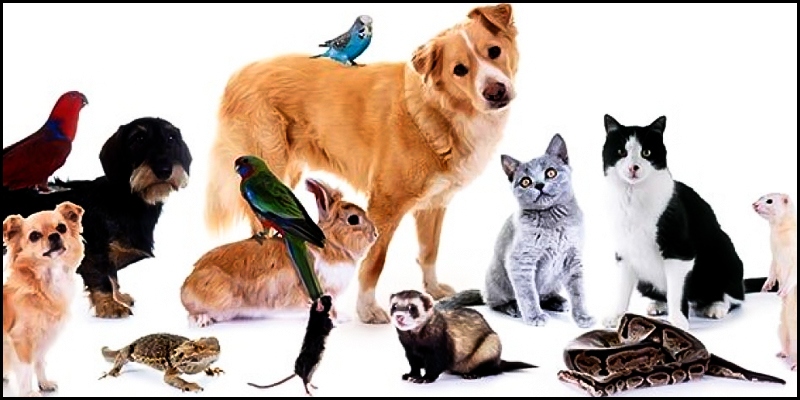
A: At present, there is no evidence that companion animals/pets such as dogs, cats can be infected with the virus. However, it is always a good idea to wash your hands with soap and water after contact with pets.
Q: Are there any specific medicines to prevent or treat the new coronavirus?

A: To date, there is no specific medicine recommended to prevent or treat the virus. However, those infected should receive appropriate care to relieve and treat symptoms.
Q: Is it safe to receive a letter or a package from China?

A: Yes, it is safe. People receiving packages from China are not at risk of contracting the new coronavirus. From previous analysis, we know coronaviruses do not survive long on objects, such as letters or packages.
Q: Can eating garlic help prevent infection with the new coronavirus?
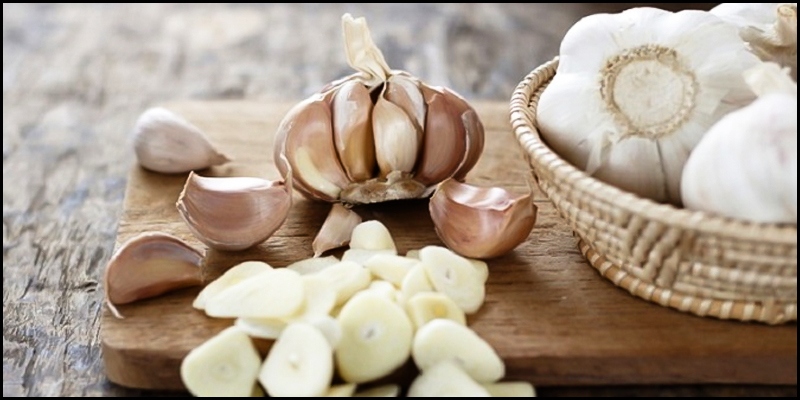
A: Garlic is a healthy food that may have some antimicrobial properties. However, there is no evidence from the current outbreak that eating garlic has protected people from the new coronavirus.
Q: Can gargling mouthwash protect you from infection with the new coronavirus?
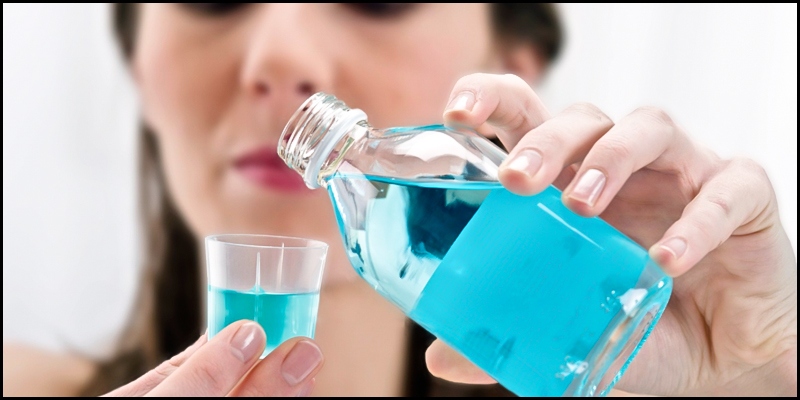
A: No. There is no evidence that using mouthwash will protect you from infection with the new coronavirus.
Q: Can regularly rinsing your nose with saline help prevent infection with the new coronavirus?
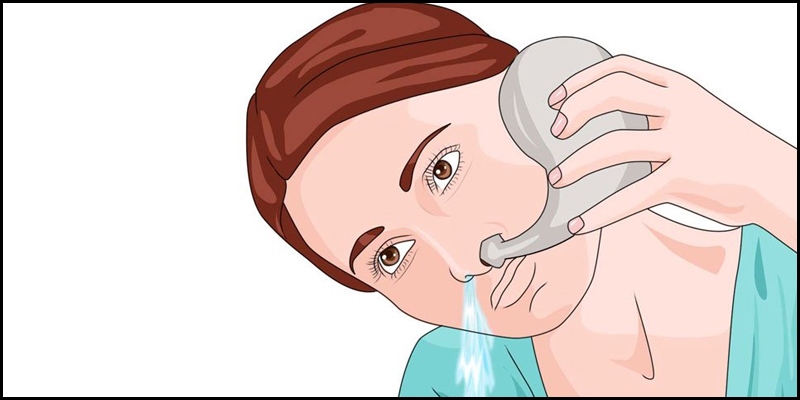
A: No. There is no evidence that regularly rinsing the nose with saline has protected people from infection with the new coronavirus.
Q: Can the new coronavirus (2019-nCoV) survive in hot and humid climates?
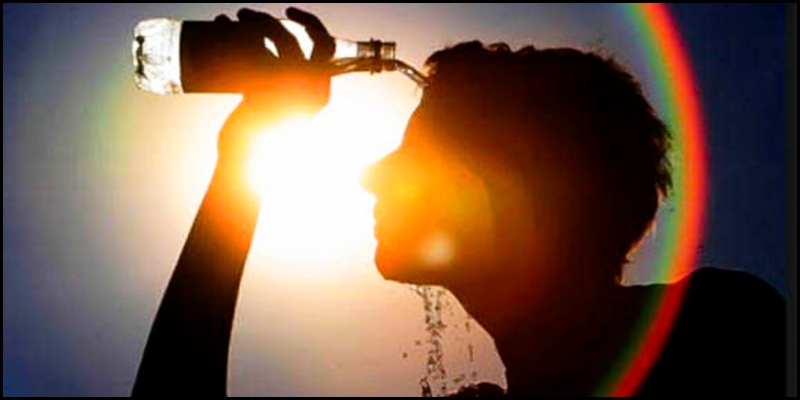
A: Yes, 2019-nCoV has spread to countries with both hot and humid climates, as well as cold and dry.
Q: If drinking water alleviates a sore throat, does this also protect against the coronavirus infection?
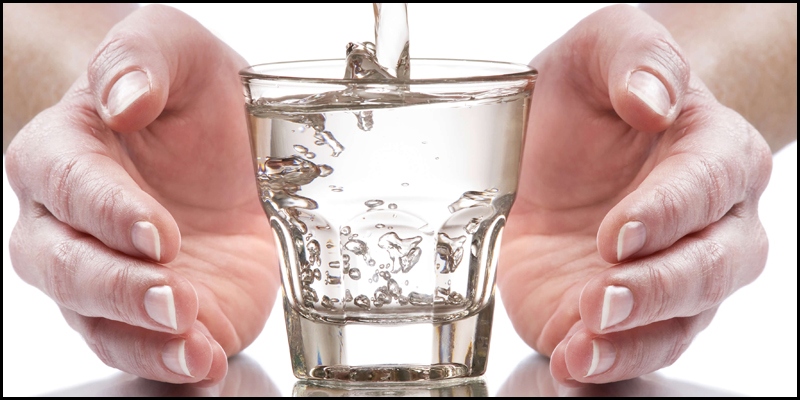
A: While staying hydrated by drinking water is important for overall health, it does not prevent coronavirus infection.
Q: Does drinking alcohol prevent the new coronavirus?

A: No, drinking alcohol does not protect you from 2019-nCoV infection. Alcohol should always be consumed in moderation & people who do not drink alcohol should not start drinking in an attempt to prevent 2019-nCoV infection.
Q: Does the novel coronavirus spread through the air (e.g. through air conditioning or via e-cigarette emissions)?
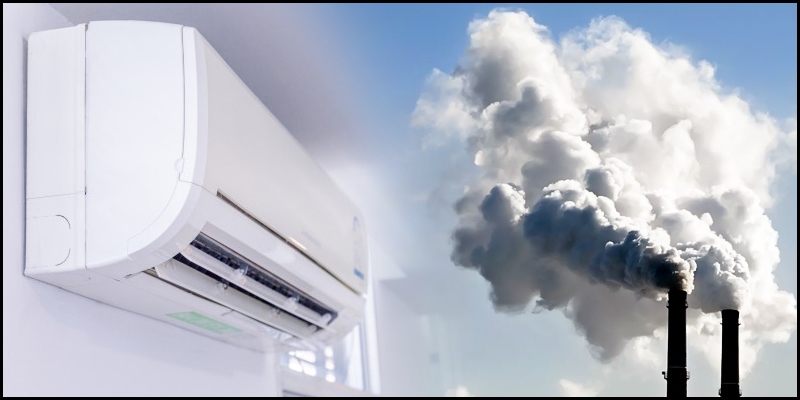
A: Current evidence suggests the new coronavirus spreads primarily through close contact with an infected person or the droplets released when they cough or sneeze.
Follow us on Google News and stay updated with the latest!




 Follow
Follow

















